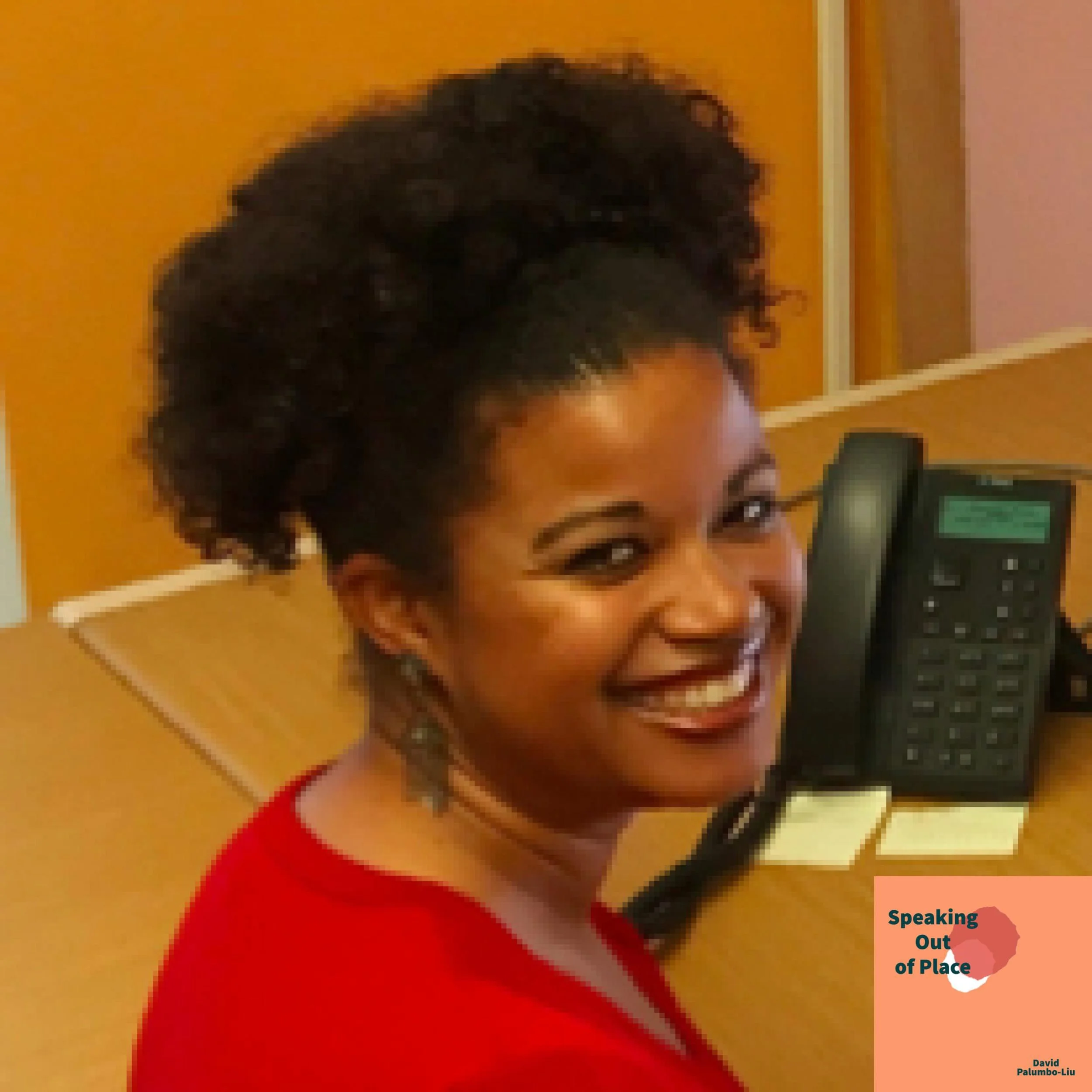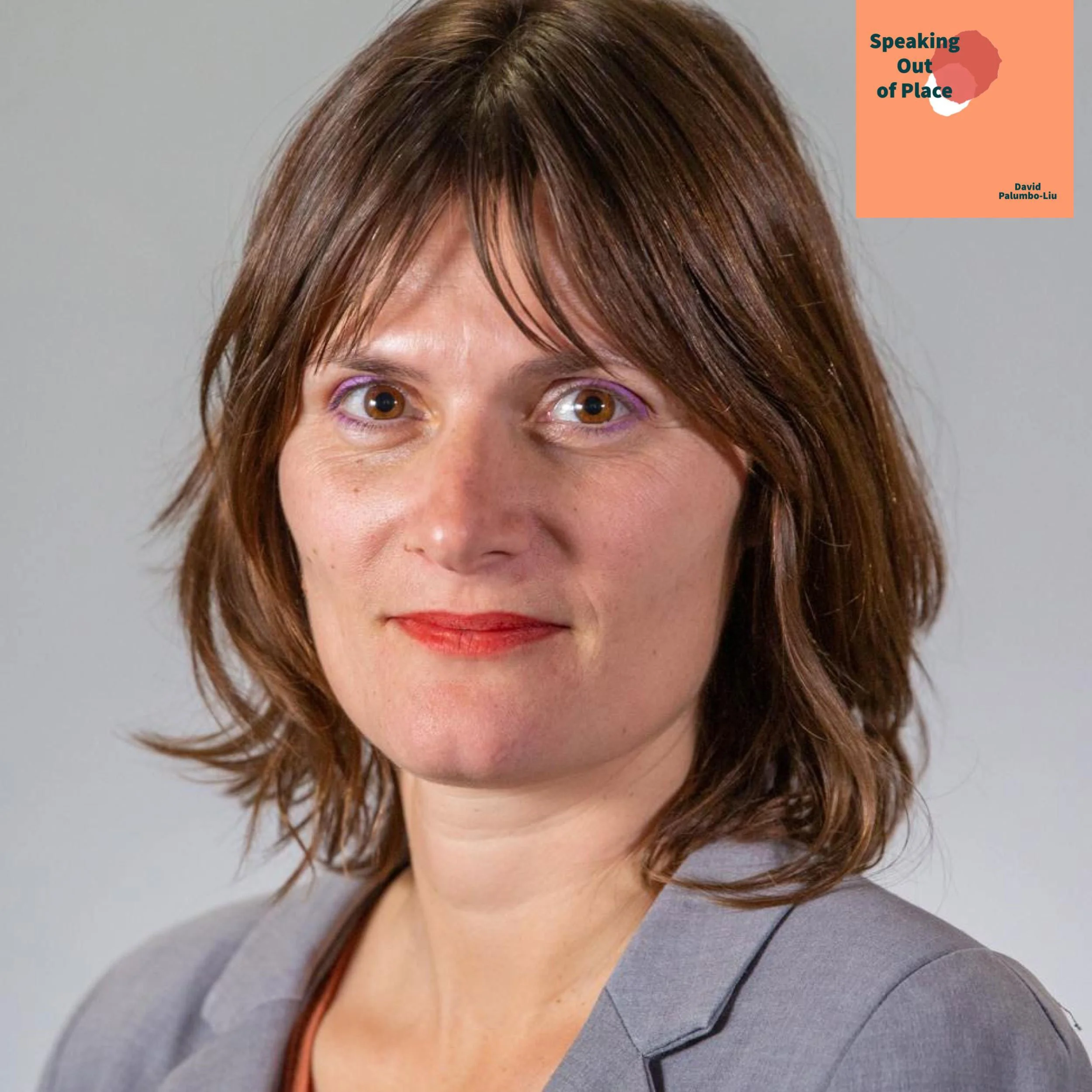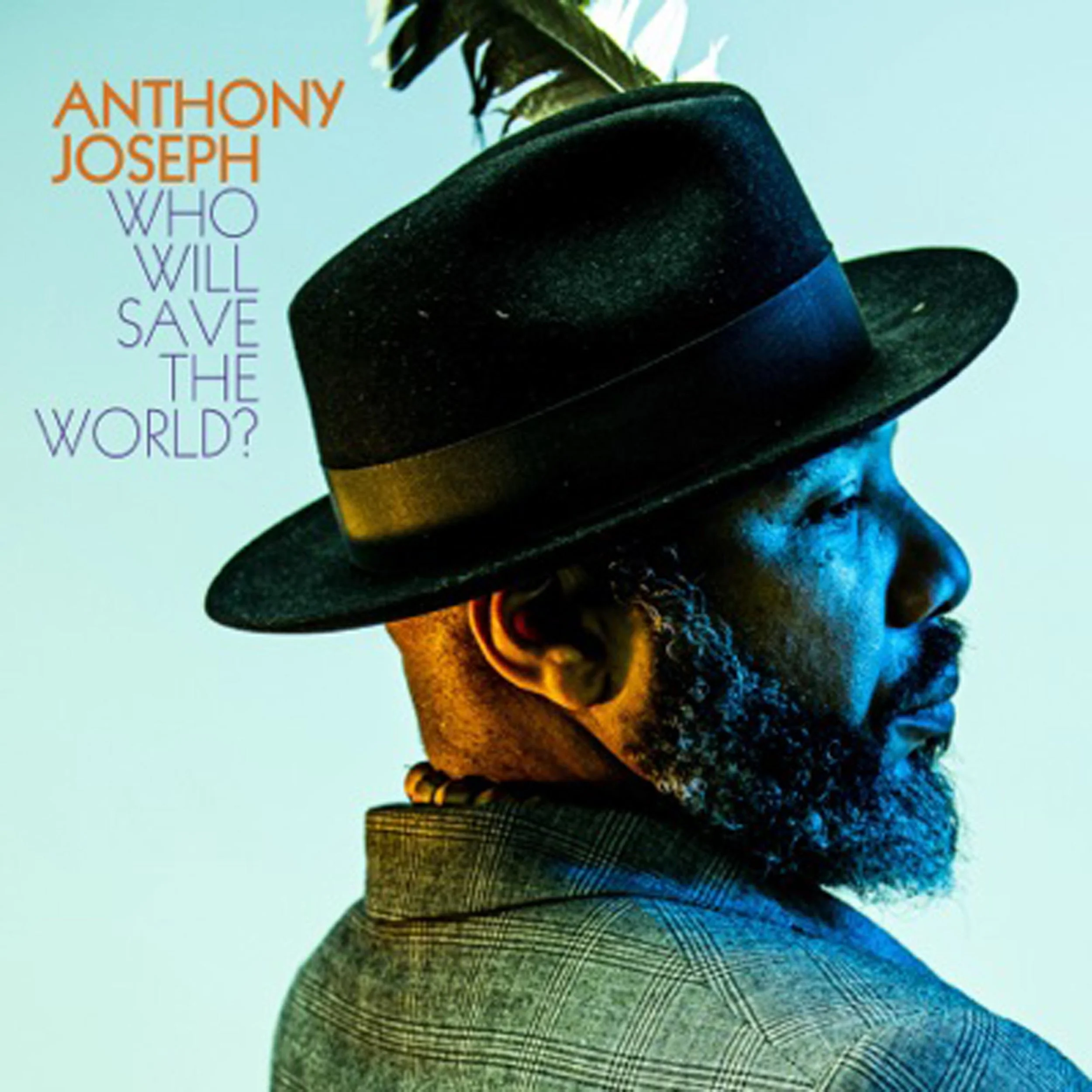Speaking Out of Place: DR. JENNIFER M. GÓMEZ discusses “The Cultural Betrayal of Black Women and Girls”
/Author of The Cultural Betrayal of Black Women and Girls: A Black Feminist Approach to Healing from Sexual Abuse
Assistant Professor in the School of Social Work · Faculty Affiliate at the Center for Innovation in Social Work & Health at Boston University,
So many of us have experienced things along this vein, and when we know that, then the feelings of isolation can be interrupted with this understanding that many of us have been through these things. And if that person over there can experience joy, well maybe I can experience joy too, and maybe this is a different kind of harm and cultural betrayal. Sexual trauma and abuse as a collective community-level harm, that means community-level healing and personal healing.



















